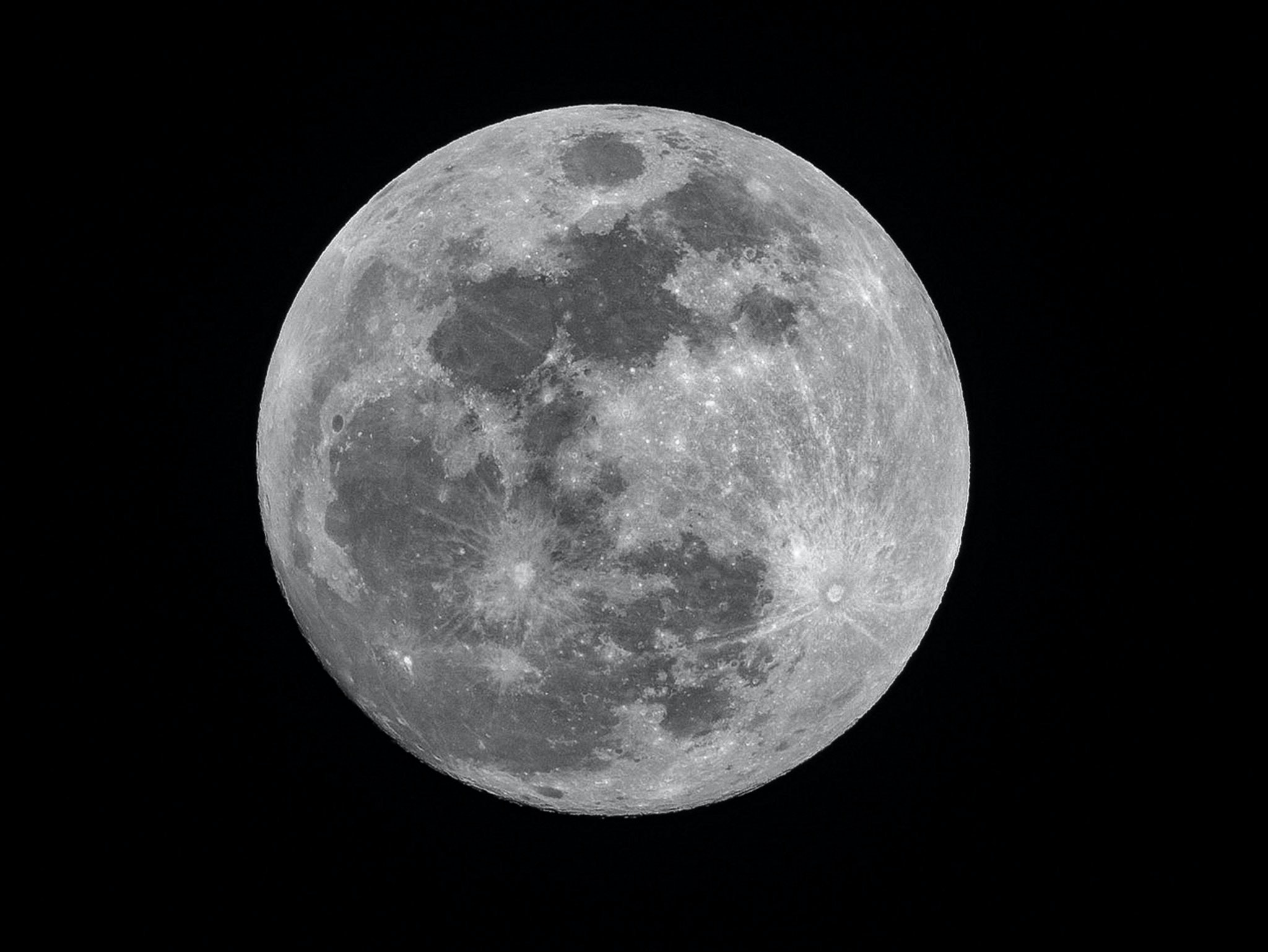What Does a Full Moon Mean in the Bible?
The moon has been a subject of fascination and wonder for centuries. Its radiant presence, especially when it appears full, has captivated humans since time immemorial. In various cultures and religions, the moon holds symbolic and spiritual significance, including in the Bible. In this blog post, we will explore what a full moon means in the Bible and uncover its deeper spiritual implications.
The Symbolism of the Moon in the Bible
In the Bible, the moon is mentioned numerous times, and its symbolism often carries spiritual and prophetic undertones. One of the primary symbolic representations associated with the moon is that of light. Just as the moon reflects the light of the sun to illuminate the night sky, it is often seen as a symbol of spiritual illumination or enlightenment.
The moon’s waxing and waning phases have also been interpreted symbolically. The waxing moon, when it gradually grows fuller, is associated with the concept of increase, abundance, and growth. It represents the progressive journey towards spiritual enlightenment and the development of one’s faith.
Conversely, the waning moon, as it diminishes in size, has been linked to the themes of decrease, release, and letting go. This phase of the moon symbolizes the shedding of negative influences, habits, or burdens to achieve spiritual renewal and purification.
The Significance of a Full Moon in the Bible
When the moon reaches its full phase, it is believed to hold exceptional spiritual significance. The full moon represents a culmination, completion, and fulfillment of the moon’s cycle. It is a time when the moon is fully illuminated, shining brightly in the night sky.
In the Bible, the full moon is associated with several significant events and celebrations. One prominent example is the Jewish festival of Passover, which typically occurs during the full moon of the first month of the Hebrew calendar. Passover commemorates the liberation of the Israelites from slavery in Egypt and their journey towards freedom. The full moon acts as a symbol of both the divine guidance and the deliverance bestowed upon the people.
Another biblical event connected to the full moon is the celebration of the Feast of Tabernacles or Sukkot. This festival occurs during the full moon of the seventh month of the Hebrew calendar and marks the commemoration of the Israelites’ wandering in the desert after their escape from Egypt. The full moon during Sukkot signifies God’s protection and provision throughout their journey.
Prophetic Meanings of the Full Moon
Beyond its symbolic significance and association with biblical events, the full moon is also believed to hold prophetic meanings. Throughout the Bible, various prophecies and apocalyptic passages mention the moon and its connection to the end times.
For instance, in the book of Joel, a prophecy describes how the sun will turn dark and the moon into blood before the coming of the great and dreadful day of the Lord (Joel 2:31). This apocalyptic imagery is also echoed in the book of Revelation, where the moon turning red like blood is seen as a sign during the opening of the sixth seal (Revelation 6:12).
While different interpretations exist regarding these prophetic passages, many consider them as symbolic representations of divine judgment, cosmic disturbances, or significant spiritual transformations on the horizon.
The Full Moon and Spiritual Practices
Due to its symbolism and spiritual associations, the full moon holds a prominent place in various religious and spiritual practices. Some individuals and communities engage in specific rituals or observances during the full moon to enhance their connection with the divine and seek spiritual growth.
Full moon ceremonies may involve prayers, meditations, chants, or the lighting of candles. These practices are often aimed at embracing the fullness of spiritual illumination, acknowledging personal intentions, and releasing any negative energies or burdens.
Conclusion
The full moon carries profound symbolism in the Bible. It represents spiritual enlightenment, divine guidance, completion, and fulfillment. From biblical events and celebrations to prophetic passages, the full moon holds various spiritual meanings throughout scripture. By recognizing the significance of the full moon, individuals can deepen their understanding of its symbolism and incorporate it into their own spiritual practices.
Table of Contents
